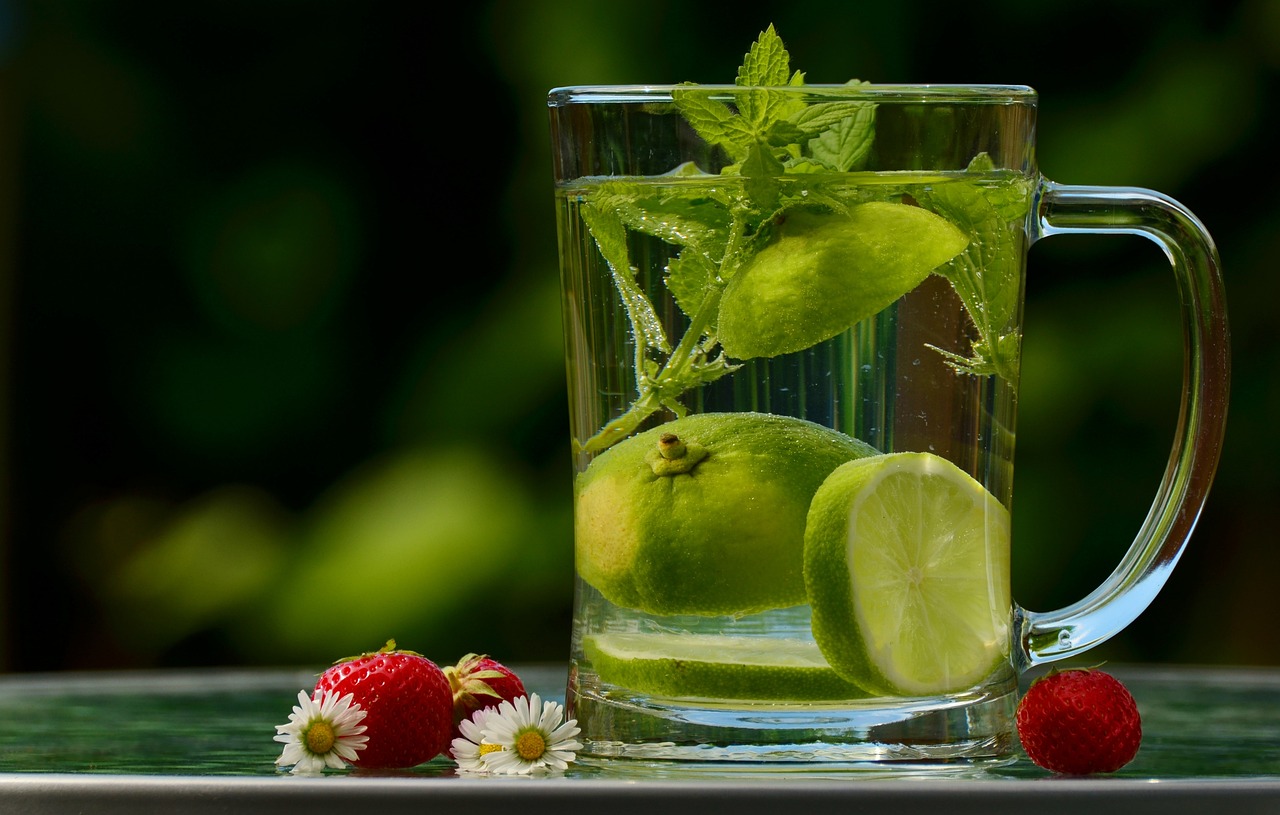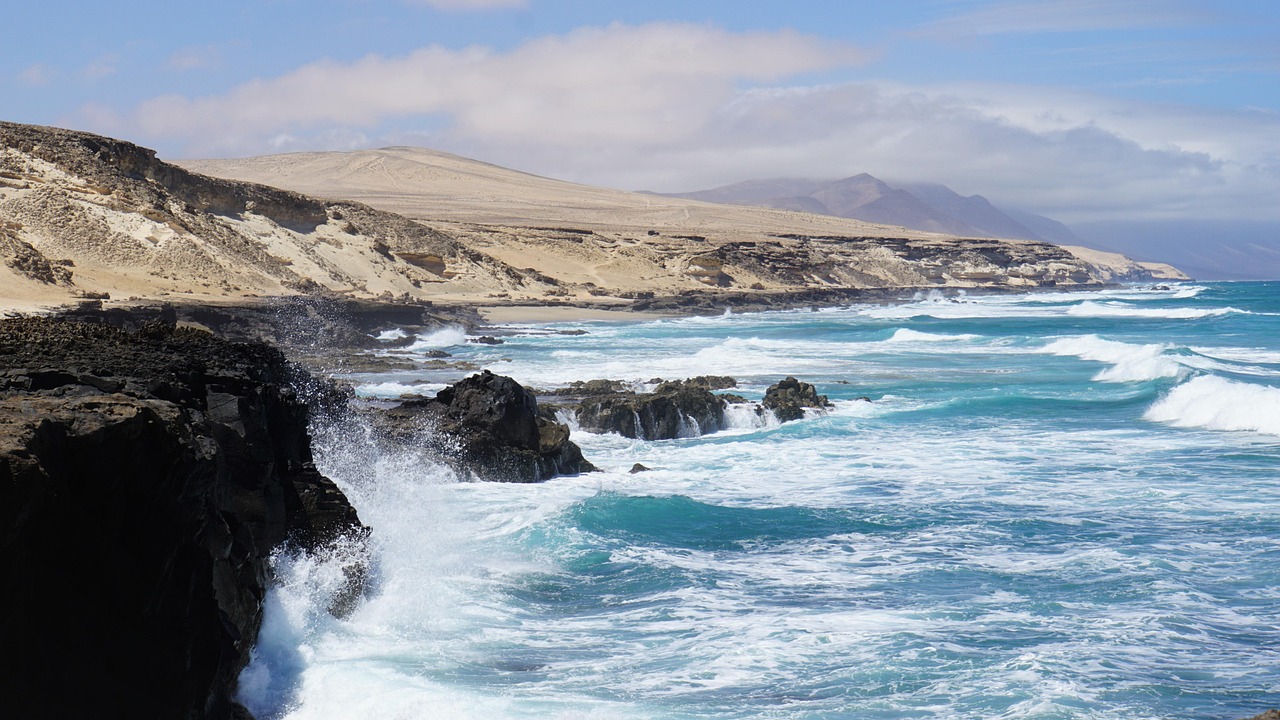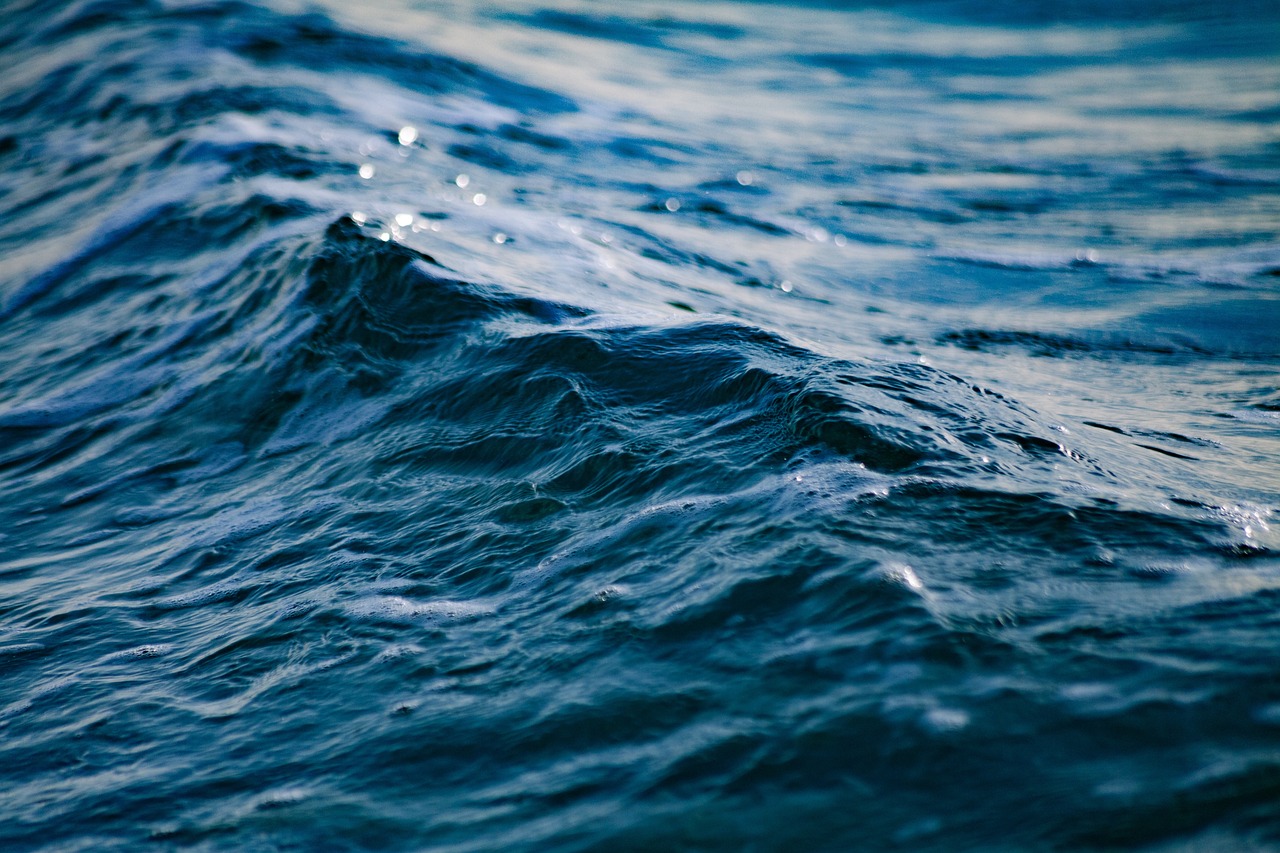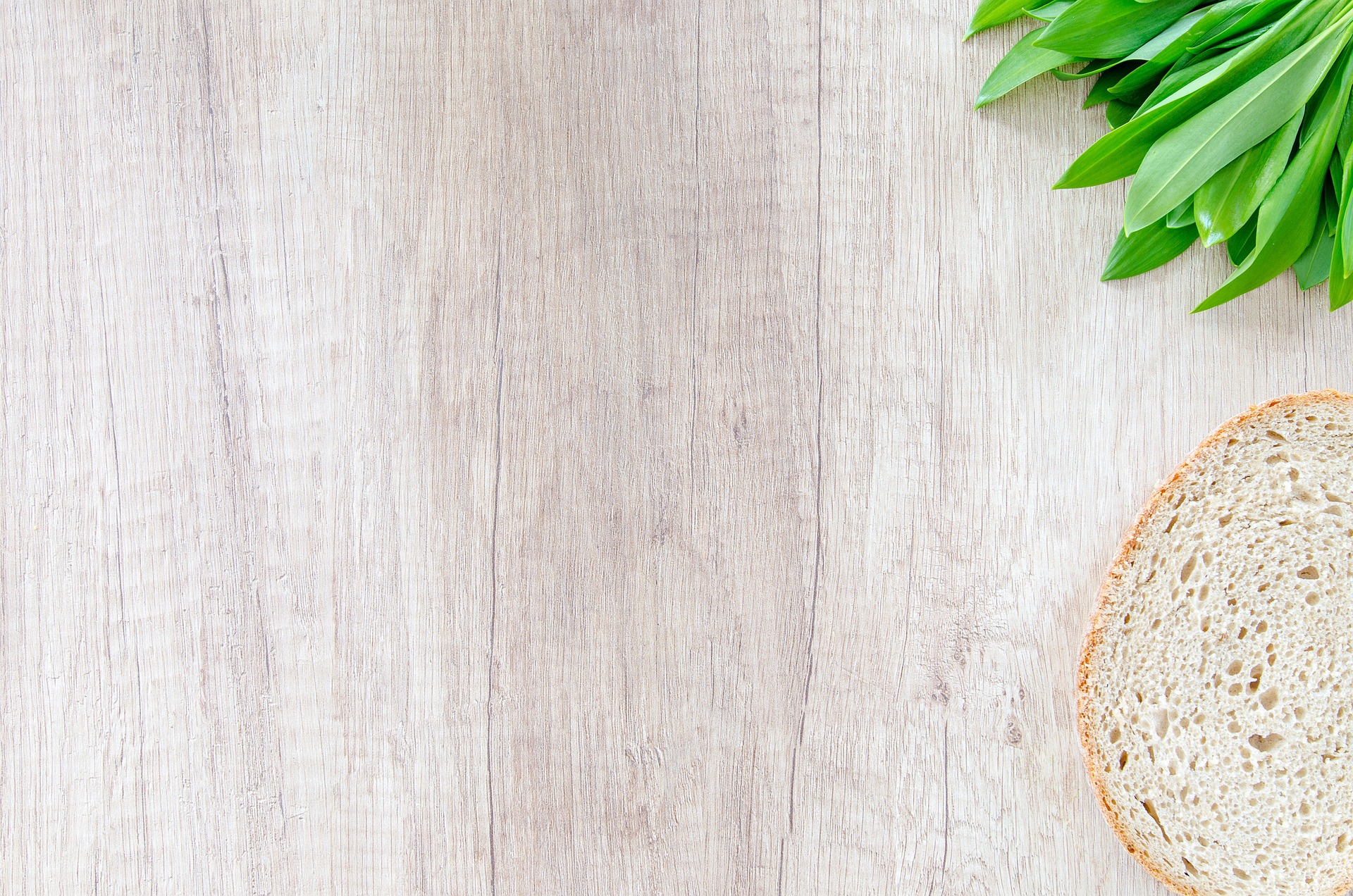Does salt water kill bacteria? Saltwater can have various effects on bacteria, depending on factors such as the salt concentration, the type of bacteria, and the duration of exposure. Saltwater, such as seawater, is commonly used to preserve certain foods, like fish and pickles, because it inhibits the growth of spoilage bacteria. It’s also used in some traditional wound care practices for its potential antibacterial properties.
Top 7 effects of saltwater on bacteria:
- Osmotic Stress
- Disruption of Cell Membranes
- Inhibition of Growth
- Preservation
- Species-Specific Effects
- Adaptation
- Short-Term vs. Long-Term Effects
- Effectiveness of saltwater in controlling bacteria can vary widely depending on the specific circumstances and the bacterial species in question. In some cases, saltwater can be used as a natural antimicrobial agent or preservative, while in others, it may have limited impact. Researchers and food producers carefully consider these factors when using salt as a preservation method or studying its effects on bacteria.
- Saltwater can be used in various ways for daily work in industries or through other means for making quilted products, but by some observations it couldn’t be considered as a waste product.
A quick go explanation of some key features for salt water are given below:
- Saltwater has a higher salt concentration (salinity) than bacterial cells. When bacteria are exposed to saltwater, water molecules are drawn out of the bacterial cells through a process called osmosis. This causes the bacterial cells to lose water, shrink, and become dehydrated. Osmotic stress can disrupt the normal functioning of the bacterial cells and ultimately lead to their death.
- High salt concentrations can disrupt the integrity of bacterial cell membranes. Salt can interfere with the structure and function of cell membranes, potentially leading to leakage of cellular contents and cell death.
- Saltwater can inhibit the growth and reproduction of bacteria. Bacterial growth often requires a balanced internal environment, and exposure to high salt concentrations can disrupt this balance, preventing bacteria from thriving.
- High-salt environments, such as those found in some natural salt pans or in salted foods like fish or pickles, can be used to preserve these items by inhibiting the growth of spoilage bacteria. The salt acts as a preservative by creating an inhospitable environment for bacterial growth.
- Different species of bacteria have varying degrees of resistance to salt. Some halophilic (salt-loving) bacteria are adapted to high-salt environments and can thrive in saltwater, while others are more sensitive and will not survive in such conditions.
- Some bacteria can adapt to high-salt environments over time. They may develop mechanisms to pump out excess salt or adjust their internal processes to survive and thrive in salty conditions.
- The effects of saltwater on bacteria can vary depending on the duration of exposure. Short-term exposure to saltwater may stress the bacteria and inhibit their growth, while long-term exposure may lead to cell death.
- Does Salt Water kill bacteria? Saltwater can kill bacteria, but the extent to which it is effective depends on several factors, including the concentration of salt in the water and the type of bacteria. Saltwater creates a harsh environment for many microorganisms, including bacteria, due to its high salinity.
The process for how does salt water kill bacteria is as follows:
1.Osmotic Pressure:
Saltwater has a higher concentration of salt (sodium chloride) than the internal fluids of most bacteria. When bacteria are exposed to saltwater, water is drawn out of their cells through a process called osmosis. This causes the bacterial cells to shrink and can disrupt their internal structures, leading to cell death.
2.Dehydration:
The high salt concentration in saltwater can also dehydrate bacteria by drawing water out of their cells, which can cause them to lose their ability to function and reproduce.
3.Disruption of Cell Membranes:
Salt can disrupt the cell membranes of bacteria, leading to the leakage of cellular contents and cell death.
- All bacteria are equally sensitive to salt, and some are more resistant than others. Additionally, the concentration of salt in the water matters. Very high concentrations of salt can be more effective at killing bacteria, but they can also harm other organisms and have negative environmental impacts.
- Answer to the question: does salt water kill bacteria ? saltwater can kill bacteria to some extent due to its high salinity, which can disrupt bacterial cells and inhibit their growth. However, the effectiveness varies depending on the salt concentration and the specific type of bacteria.
- Does warm salt water kill bacteria? Warm saltwater, often used for rinsing and gargling, can help inhibit the growth of bacteria and provide temporary relief from certain oral and throat infections. Temporary Relief from Sore Throats and Mouth Infections: Warm saltwater gargles are often recommended by healthcare professionals as a home remedy for soothing sore throats and reducing inflammation in the mouth. While the warm saltwater may help reduce discomfort and inflammation associated with bacterial infections, it may not completely eliminate all bacteria.
- Warm saltwater is not a substitute for antibiotics or other medical treatments when dealing with serious bacterial infections. It can provide temporary relief and help with symptom management, but it may not be effective at eradicating all bacteria, especially if the infection is severe.
Important Note:
The concentration of salt in warm saltwater solutions used for gargling or rinsing is typically low and not intended to sterilize or kill bacteria completely. Does warm water kill bacteria? If you have a bacterial infection that requires treatment, it’s essential to consult a healthcare professional for appropriate antibiotics or medical intervention.
Conclusion:
Saltwater, whether cold or warm, can have various effects on bacteria, including osmotic stress, disruption of cell membranes, inhibition of growth, and preservation. Does salt water kill bacteria? Its effectiveness in controlling bacteria depends on factors such as salt concentration, bacterial species, and exposure duration. Saltwater is commonly used in food preservation and as a home remedy for oral and throat infections, but it may not completely eliminate all bacteria and is not a substitute for medical treatment when dealing with serious infections.












Leave a Reply
View Comments